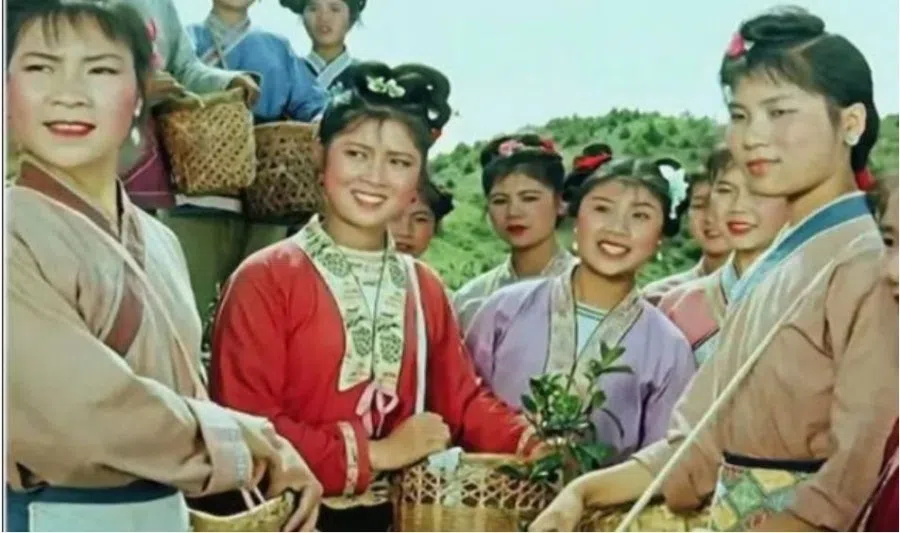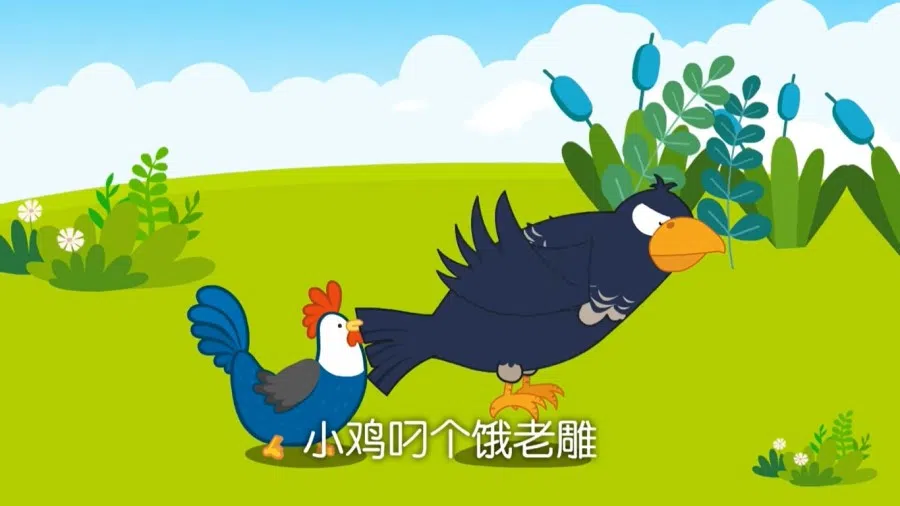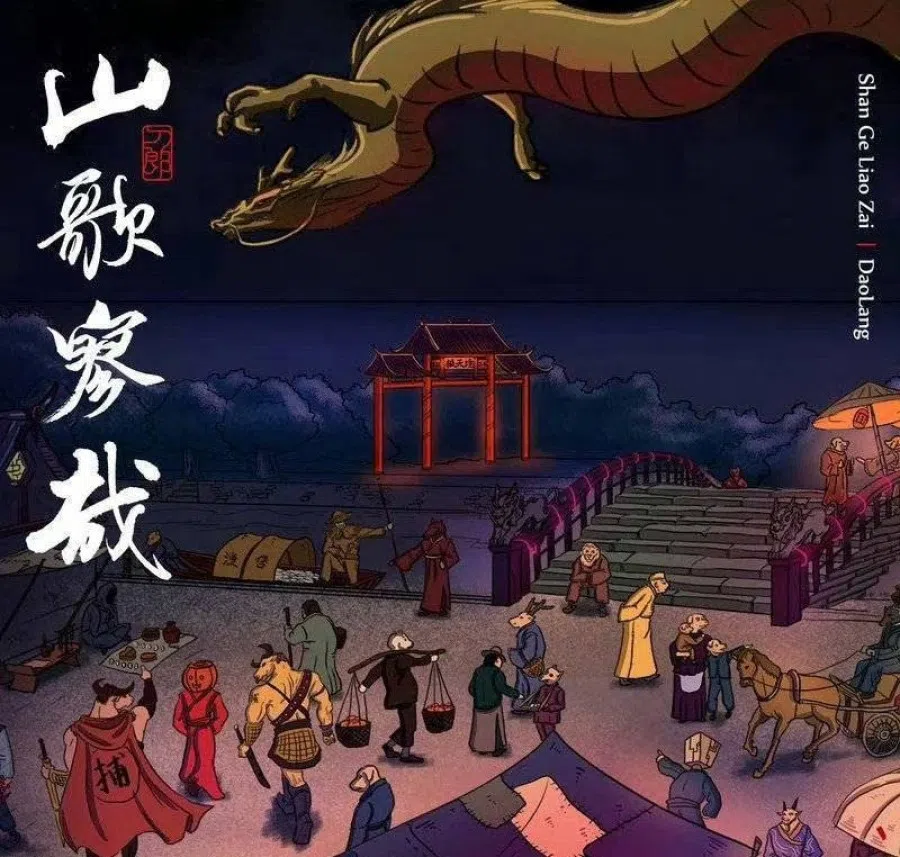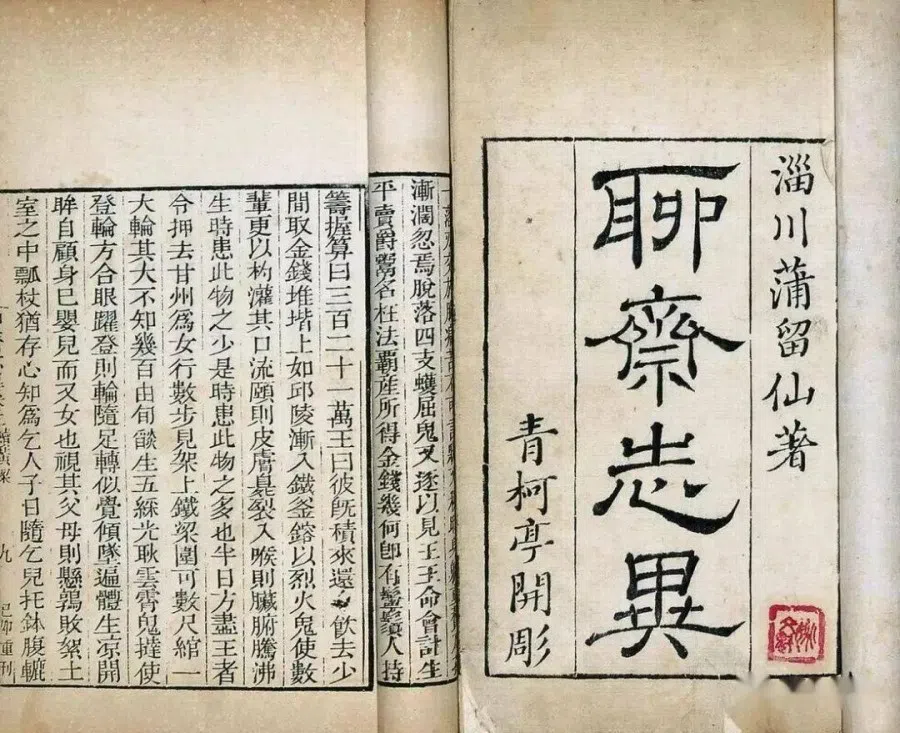Why a 'nonsense song' is all the rage in China
Hua Language Centre director Chew Wee Kai gives his take on nonsense songs, from children's rhymes to the latest viral hit in China - Luocha Haishi by Dao Lang. At first glance, these ditties seem to indulge one's imaginations, but on closer inspection, they offer commentaries on the world.

On a cool and breezy night, I suddenly recalled a memory from 50 years ago. A neighbour's child came home from school one day, reciting: "Don't need drums, don't need gongs, hear me sing a strange old song... Stomp on eight elephants with one leg, the goose is mad the rabbit laid an egg..."
When I asked him where the song was from, he said that it was in a textbook. As the years passed, the lyrics of the strange song have mostly disappeared from my memory.
Absurd rhymes and ridiculous reversals
Chants, jingles, ditties, they all mean the same thing. And anything unusual catches attention. A cow in a tree, a flying pig, a man bites a dog, a bird swallows a snake - none of this makes sense, but it is amusing to hear.
When my mother was alive, she would often use the phrase "the sun rises from the west" to refer to the impossible, which was very apt. It is normal for roosters to crow and hens to lay eggs, and the roles are not interchangeable. Get that wrong and one would be ridiculed.

In the movie Third Sister Liu (刘三姐), in a singing battle between the villagers and the scholars, scholar Luo sings: "I can plough the fields and harrow the land, as the oxen walk behind me." The crowd immediately roared with laughter, because during ploughing the oxen do not walk behind, but ahead. He has no one but himself to blame for this embarrassing reversal of roles and lowering of his own status.
If a child is caught in a funny situation of seeing someone with their clothes flipped or things hanging the wrong side up, they would feel unsatisfied if they do not laugh out loud right then and there. Indeed, playing around and turning things on their head helps one stay young at heart.
For example, the nursery rhyme Little Locust Tree (小槐树) sings about a locust sapling bearing cherries, a willow tree growing peppers, a chick holding an eagle in its beak, and a mouse catching a tabby cat. Such fun imaginations help strengthen the mind, while nonsense develops the thought processes. This sort of play is a kind of trigger, just as a child immediately laughs when they hear the word "fart".
These playful children's songs have catchy rhythms and rhymes, and are easy to pick up. The absurd rhymes and ridiculous reversals, with a touch of whimsical poetry, can indeed subvert emotions.

Silly words for a silly song Pebbles in the ditch roll uphill along As I go by your door I see Grandkids carrying Granny I hear your silly song The deaf laugh loud and long First is born Papa, and then Grandpa after Little Brother's born, and then Big Brother And while Little Sister goes to school Mama's just starting pre-school.
No need for deep interpretation
In the 1960s, there was a song by Cui Ping (崔萍) called Song of the Strange (稀奇古怪歌). The lyrics described a strange world where water buffaloes lay eggs and horses have horns, where roosters don't crow and birds don't sing. These elements are easy to understand and simply meant to entertain people in this bizarre world.
And the year that World War II ended, Song Yang (宋扬), who penned the song "Young Scholar" (读书郎), wrote the popular number that found humour in a turbulent world, titled "Weird Song" (古怪歌):
Strange things in years past Even more strange things this year A bench climbs uphill A lamp wick breaks a pot Many strange, strange things Stones planted in the fields Green grass growing on the stove People asking mice for rice Scholars become bandits Many strange, strange things Little spirits in the temple Also sing a weird song during the day.
After hearing it, one feels it is satirical without having to be specific. Singaporean comedians Wang Sa, Tang Hu and Chao De sang a version of the song paired with a more modern and upbeat melody for comic effect.

Such old nonsense songs stand firm among nursery rhymes. What matters is that they are funny and hold no mystery to their true meaning. However, the sense of pure fun disappears in the adult world - particularly in the glitzy entertainment industry, where every move and every word prompts complex interpretations that could fill a book.
... using the kingdom Luocha, where ugliness is regarded as beauty and black and white are inverted, to comment on the bizarreness of today's world.
Outlet for pent-up frustration
Recently, singer Dao Lang (刀郎) emerged from a long silence to release a new song called Luocha Haishi (罗刹海市, Rakshasa Sea City), which quickly went viral and garnered 8 billion views within a week. It was as though Chinese speakers around the world were listening to thunder, ushered by torrents and flood, amid the silence.

Online writers came out in droves with all sorts of increasingly serious interpretations, even to the point of linking it to China-US relations. In just over a week, chat groups from all over have been sharing various analyses of the song, with guesses of figures and events that the lyrics could possibly refer to, putting Dao Lang back into the momentary spotlight.
Luocha Haishi is an allegorical song. It describes irregular situations, just like other songs of this nature, but the effect is very different. Old nonsense songs for adults had lyrics based on folk songs, but Luocha Haishi draws on the book Strange Stories from a Chinese Studio (《聊斋志异》) by Qing dynasty novelist Pu Songling - using the kingdom Luocha, where ugliness is regarded as beauty and black and white are inverted, to comment on the bizarreness of today's world.
It has been 300 years since the book was published, and the topsy-turvy world of Luocha has always been part of the general narrative mocking reality. But nobody has really linked it to happenings in the real world, have they?

Dao Lang's lyrics and melody are based on the topsy-turvy world of Luocha, sparking an astoundingly powerful wave of reactions and interpretations, almost all focusing on the negative comments Dao Lang received from popular musicians years ago about him and his works (NB: Chinese netizens believe that he is taking digs at them).
The overwhelming barrage of comments by netizens on the creative inspiration behind the song has led to those involved being caught in a Rashomon-like dilemma of whether or not to respond. As for us popcorn-munching audiences, all this dramatic thunder and lightning has given us fodder to relieve our boredom. Indeed, those line-by-line interpretations of the song feel like an outlet for pent-up frustrations.
This article was first published in Lianhe Zaobao as "古怪歌".
Related: Celebrities scrubbed from the Chinese internet: Victims of China's social revolution? | China's crackdown on fake and staged short videos | China's local officials doing cosplay to jumpstart tourism | The ugly scenes behind China's talent shows | Can the Chinese criticise their patriotic movies?





